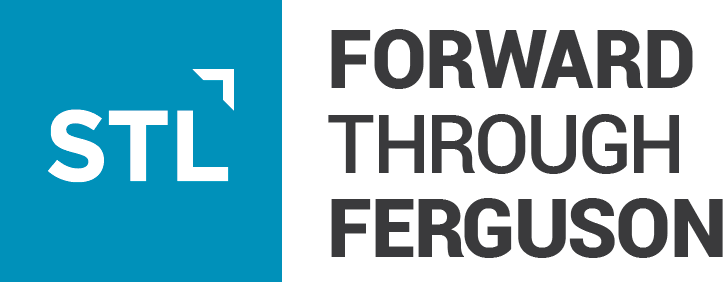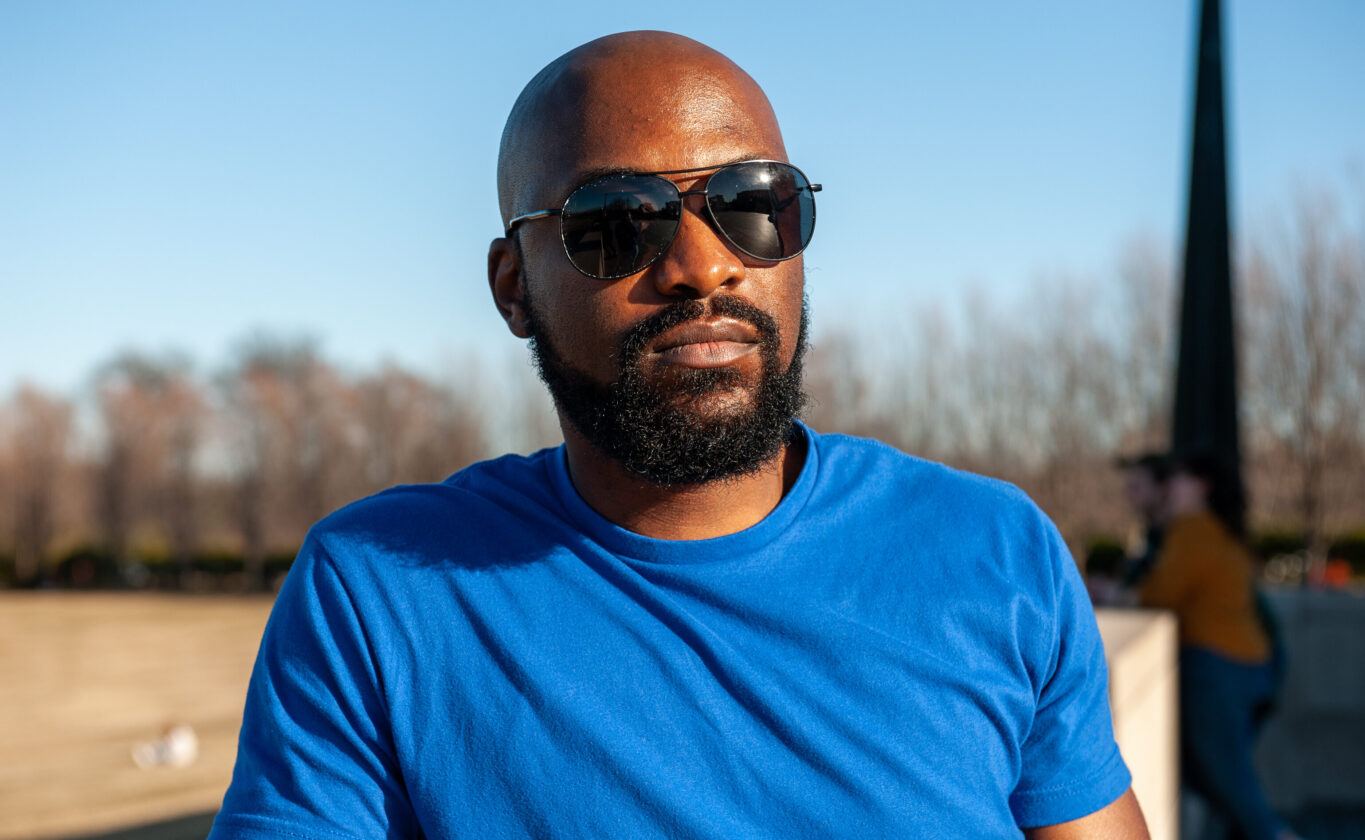
Photo credit: Lindy Drew / Humans of St. Louis
Erik: I’m from St. Louis — born and raised. I actually never left. Grew up in Florissant, went to school there, went to college at WashU. Got my first job here and stayed ever since.
Lindy: Do you have a story from when you’ve had to call 911?
Erik: I don’t. I have never wanted to call and I’ve been fortunate that I’ve never had to call. I think officers serve a purpose in our society that works, but there’s a minority of times when it doesn’t work. And it seems like it doesn’t work for people who are not white Americans. I wouldn’t like to put myself in a position where some liberties or freedoms or rights or even some assumptions are made that I can’t handle. In particular, when they have consequences. I’m not saying that for all officers. I’ve never had a bad police story in St. Louis. But I know that’s not the case for everybody. And if I can avoid interacting with officers of the law, I do.
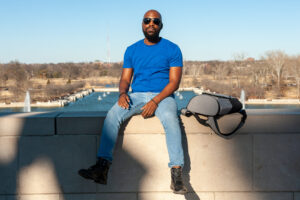
Erik: Maybe I’m just stubborn, but if I’m in a situation where I need to call 911… I can’t even think of a situation where I’d have to do that. Fortunately, I haven’t had to. Normally, if things go sideways, I got people I can call and they’re not officers. That is a last resort. That is when everything else has failed and now we got to clean up something. If it’s preventative, there are people I’m going to lean on first before something happens. And if something’s in the midst of happening, calling isn’t going to help anything. You’re already in the middle of it. So, after the fact, maybe. But it’s only if there’s something that’s happened that is not temporary and has a lasting impact.
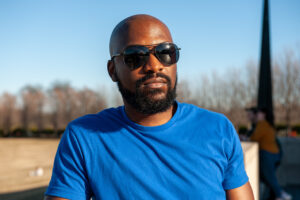
Lindy: What would you like to see in place of 911 for when people need help?
Erik: I’m not too well-versed in this, but if it is not already in place, I’d love to see if someone calls 911 and it is not immediately directed to law enforcement. I believe there’s a switchboard so when people answer your call and say, ‘What’s your emergency?’ you can go down a number of different paths. Someone on the other end of the phone can be a counselor or just a voice to talk to to de-escalate things before they become issues. Again, it may already be like that. I have never called, so I don’t know what that system looks like. If it’s not in place though, I think it’s something that could benefit a lot of situations before there are full-blown sirens going and everybody on your case.
Lindy: What do you think people call 911 for?
Erik: Traffic accidents. Theft. Coming across a crime scene. Bystanders watching something about to happen. Domestic violence. House on fire. And that’s probably the gamut. Health issues should be one too, but I know too many people who are like, ‘It’s fine. I’ll fix it.’ Ironic that that one didn’t come to my head.
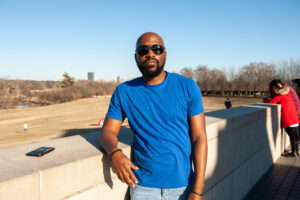
Lindy: What does 911 mean to you?
Erik: 911 means emergency. All other options have failed and you’re now dealing with the consequences. It does not mean preventative measures. It is a last resort. Break-ins and fires — those kinds of scenarios. What would I like the system to look like? I believe this already happens, but when someone calls in and is talking to the dispatcher, having someone who’s able to quickly assess the severity of the emergency and then decide what type of response is required for that. Hypothetically, for example, ‘911, my house is on fire.’ There’s not a lot of time to talk about that. So, ‘Okay, 911 is on the way. Get your family and get out of the house.’ I don’t know many people who will call 911 unless it’s a really bad situation. But I’d be curious to see what the stories look like by county. I’d imagine there are some counties where 911 is called pretty frequently and somewhere it’s not called at all. I’m sure there are some people who have better relationships with 911 than others.
—
Erik Mills is a St. Charles resident.
Lindy Drew / Humans of St. Louis contributed to this photo story.
This story is a collaboration between Humans of St. Louis and Forward Through Ferguson for #Transforming911, an accountability and advocacy tool that examines St. Louis’ 911 system and serves as a call to reimagine public safety.
Learn more and get involved at transforming911.org.
